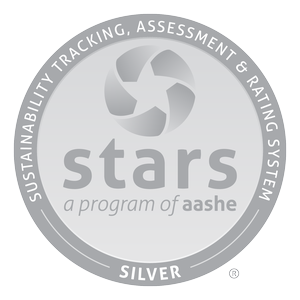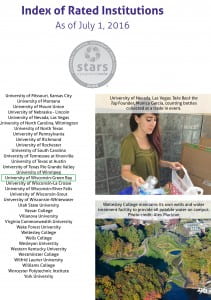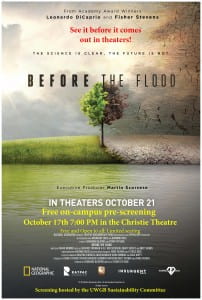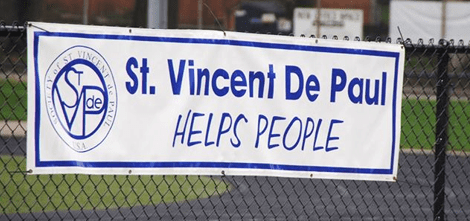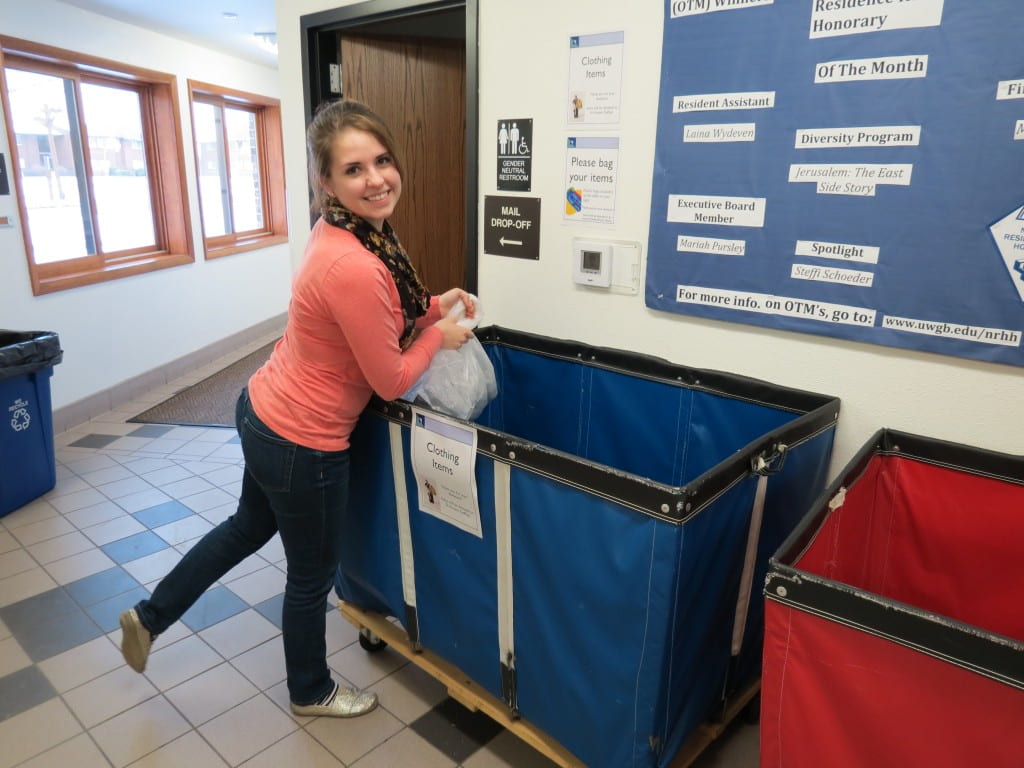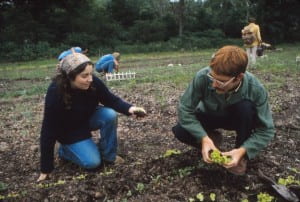EARTH WEEK 2015 AT UW-GREEN BAY
Monday 4/20 – Saturday 4-25
Download the complete program here (PDF, 3MB): Earth Week 2015 UW-Green Bay
All events are free (unless noted) and will take place at UW-Green Bay campus, 2420 Nicolet Drive, Green Bay, WI
Monday, April 20th
Showing of NOVA Documentary Making Stuff Wilder
8:00pm, Christie Theater
A short documentary about modeling future technology after nature’s designs.
Sponsored by UWGB Chemistry Club
Tuesday, April 21st
UWGB Earth Day Forum, 3:00pm – 7:00pm, Phoenix Rooms C
3:00pm – 4:00pm, Convention featuring environmental organizations from UW-Green bay and Northeast Wisconsin
4:00pm – 4:45pm, Erin Wilcox, Water Resources Specialist, NEW Water
5:00pm – 6:00pm, Locally sources meal provided by Trust Local Foods
6:00pm – 6:45pm, Robert Atwell – President/CEO Nicolet Bank
Sponsored by SGA Environmental Committee
Wednesday, April 22nd
Annual UWGB Earth Day Celebration
11:00am – 1:00pm, Student Services Plaza (indoor Union if rain)
Annual UWGB Earth Day celebration with a meal for UWGB students ($5 for community members), live musical performance, water activities, and native seeds.
Sponsored by Public and Environmental Affairs Council (PEAC), Dietetics Club, SLO Food Alliance
…also on Wednesday:
Seminar with Justin Kroening
Justin Kroening from Stone Silo Prairie Gardens, Speaker on Native Plants
6:00pm, MAC 219
Justin will discuss the benefits of native plants and give tips on how to turn your garden into an oasis for wildlife!
Sponsored by Round River Alliance
Thursday, April 23rd & Friday, April 24th
Planting in the Student Services Plaza
5:30pm, Student Services Plaza
Our kick off to the planting season. Come get your hands dirty in our University’s garden. No prior experience is needed!
Sponsored by SLO Food Alliance
Saturday, April 25th
Annual Arboretum Clean-Up
9:00am – 12:00pm, meet/park on the corner of Champeau Rd & Sussex Rd at 9:00am.
Come clean up the Cofrin Memorial Arboretum. Wear rainboots and bring gloves!
Sponsored by Round River Alliance
…also on Saturday:
Fox Wolf Watershed Alliance’s Third Annual River Clean-Up Project
8:00am – 2:00pm, various sites
Register online: www.fwwa.org/rivercleanup
All volunteers are welcome to join us for a free lunch and an afternoon of music and fun at our River Celebration at Fox-Wolf Watershed Alliance headquarters in Appleton (1000 N. Ballard Road).
Sponsored by UWGB Ducks Unlimited Chapter
If you have any questions, please contact Anna Gribova, Co-President of PEAC, via sopeac@uwgb.edu. If you have a disability and would like to discuss accommodation, please contact Student Life at (920) 465-2720.
 The Smart Futures Competition sponsored by Foxconn will award up to $1 million in prizes to students and staff at Wisconsin universities for new smart city ideas. The competition is designed to encourage the development of smart technology and focuses on connecting communities throughout Wisconsin. The first round of submissions were accepted starting on October 1, 2018, and more submission rounds will be available over the next three years. Attention will be given to smart city technology, such as ideas regarding smart homes, smart energy, and management of resources.
The Smart Futures Competition sponsored by Foxconn will award up to $1 million in prizes to students and staff at Wisconsin universities for new smart city ideas. The competition is designed to encourage the development of smart technology and focuses on connecting communities throughout Wisconsin. The first round of submissions were accepted starting on October 1, 2018, and more submission rounds will be available over the next three years. Attention will be given to smart city technology, such as ideas regarding smart homes, smart energy, and management of resources.
